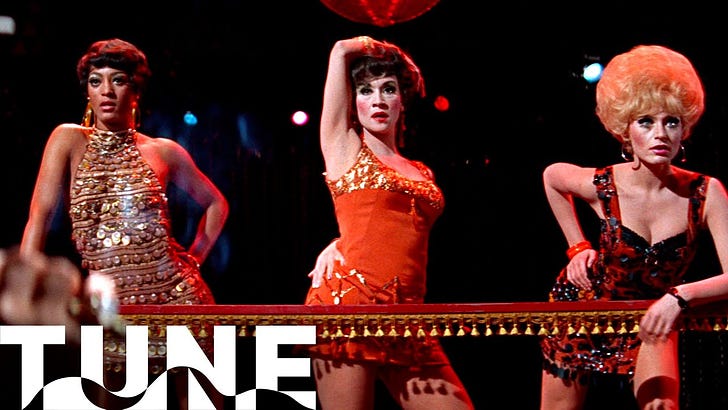Fran Magazine: Issue #101
A surprise Maestro moment, the May book club announcement, and Phil weighs in on Cabaret
📝 Thanks for reading Fran Magazine, a biweekly blog by Fran Hoepfner (me). The way this works is that Wednesday (regular) issues are free for all and Sunday (dispatch) and reread diary issues are fo…



